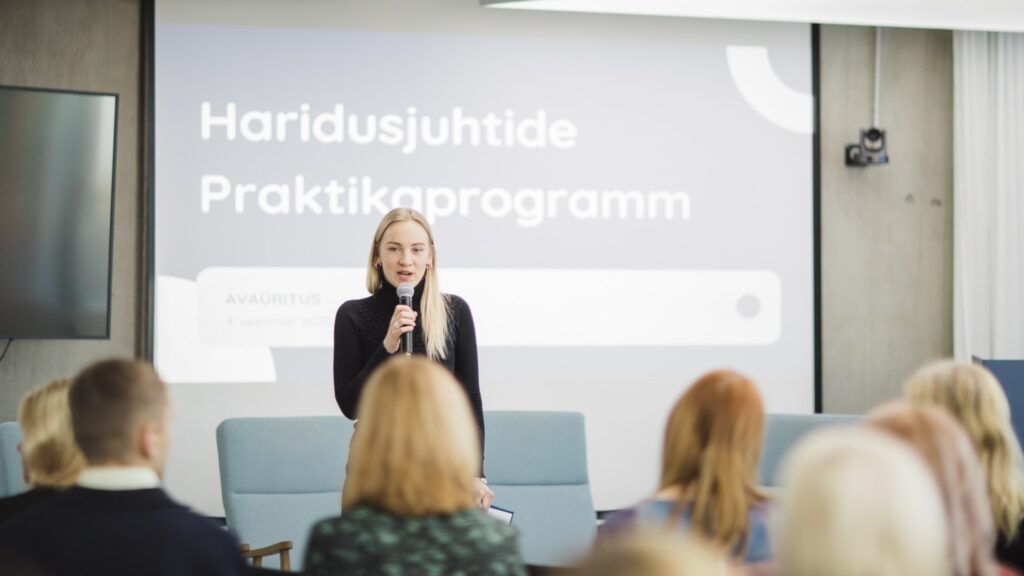Estonian education leaders are bringing good management practices from the private sector into schools through an internship program established by the Good Conduct Education Fund, the Tallinn Board of Education and Fontes Talent Advisory, and are helping both businesses and school leaders Expanding your worldview.
This article is published in cooperation with Estonian Educational Institutions.
The HK Unicorn Squad movement introduces girls to technology, robotics and science. The ultimate goal is to reduce the disparity between men and women working in the ICT field. Currently, there are 154 Unicorn Girls groups in 92 schools across Estonia.
Edumus is a platform that connects schools and professionals. 80 schools across Estonia are participating in this platform, allowing students from grades 10 to 12 to choose the online courses that are most valuable to them.
Bringing together different sectors and creating equal opportunities is one of the core values of both the Good Conduct Education Fund and the Good Conduct Foundation, but to see the big picture, we need to take a few steps back in 2018. It is important.
This year, the Foundation for Good Deeds (founded in 2003 by entrepreneurs Artur Taevere and Hannes Tamjarf), Martin Willig and Taavet Hinrichs, co-founders of Bolt and Wise, respectively, and the new Education Fund will support Good Deeds Education. This is the year the fund was established. A generation of entrepreneurs who have so far contributed 3 million euros to this fund.
Private sector management culture brings fresh ideas to schools
Martin Villig, chairman of the Good Deed Foundation, said he remains an idealist and contributes to the education system because he believes all children deserve a good education. . This is because it is the foundation of a smarter, healthier, and more balanced person. Contribute to society and reduce government spending on health care, social services, and law enforcement.
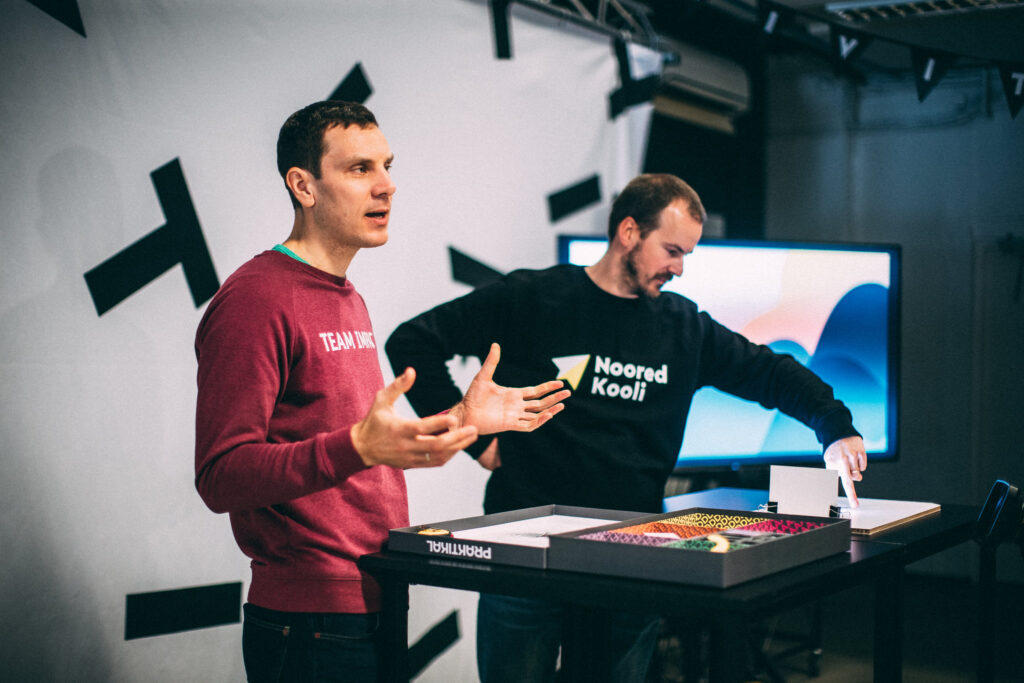
The Good Deed Education Fund aims to solve serious problems in the education sector, including the quality of school management, addressing teacher shortages, and learning methods. The Foundation works with leaders from a variety of public, private, and nonprofit sectors to explore initiatives that tangibly address these issues to improve the quality of education.
The school leadership internship program mentioned above is a great example of cross-departmental collaboration. Initiated in 2019 by the Fund for Good Behavior Education, the idea came from Andres Pajula, then Director of Education in Tallinn, and Piret Jamnes, director and head of the development team at Fontes Talent Advisory at the same time. It is something. .
Pirko Varge, CEO of the Good Deeds Foundation and one of the initiators of the internship program, said the ideas of Pajra and Jamnes were brought together at the Good Deeds Education Fund and developed into a comprehensive program.
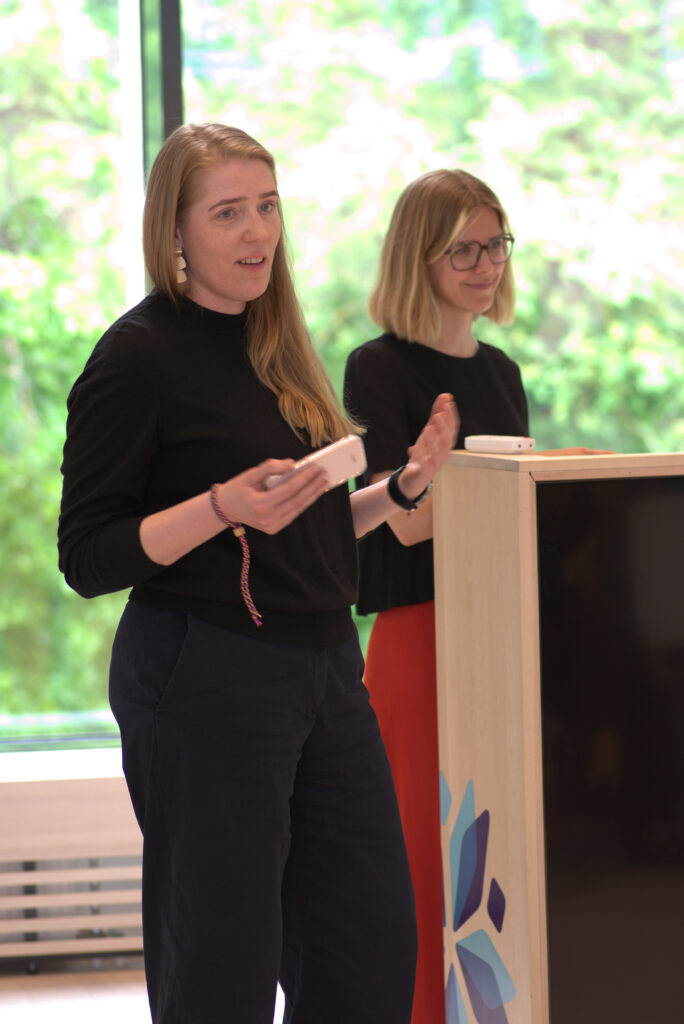
Thanks to the active participation of the Tallinn Education Authority, school principals in the capital became the first five brave souls to test the program. “This experience has given us the confidence to continue and further develop the program,” Varge said. In January 2024, the fifth group of school leaders began their internships.
The public sector plays an important role
Pirko Varge stressed that schools are still not adopting the best leadership and management practices.
“There is intense competition for talent in the private sector, and even though strong leadership development is part of the solution, leadership is still not a primary focus in the typical school. For many years, students and “The focus has been solely on student learning, but we want to declare that teachers are autonomous,” she said.
“Unfortunately, this is often accompanied by a lack of support and we see both new and experienced teachers leaving schools. “Supporting students meant I needed to focus more on my team, and the work experience program was very important in helping me do that,” Varge said, explaining the reason for his decision. To bring both parties together.
So far, large cities, some small municipalities and schools have participated in the program under the auspices of the Estonian Ministry of Education and Research, but the Foundation is constantly disseminating information and encouraging the participation of more municipalities. We strive to encourage
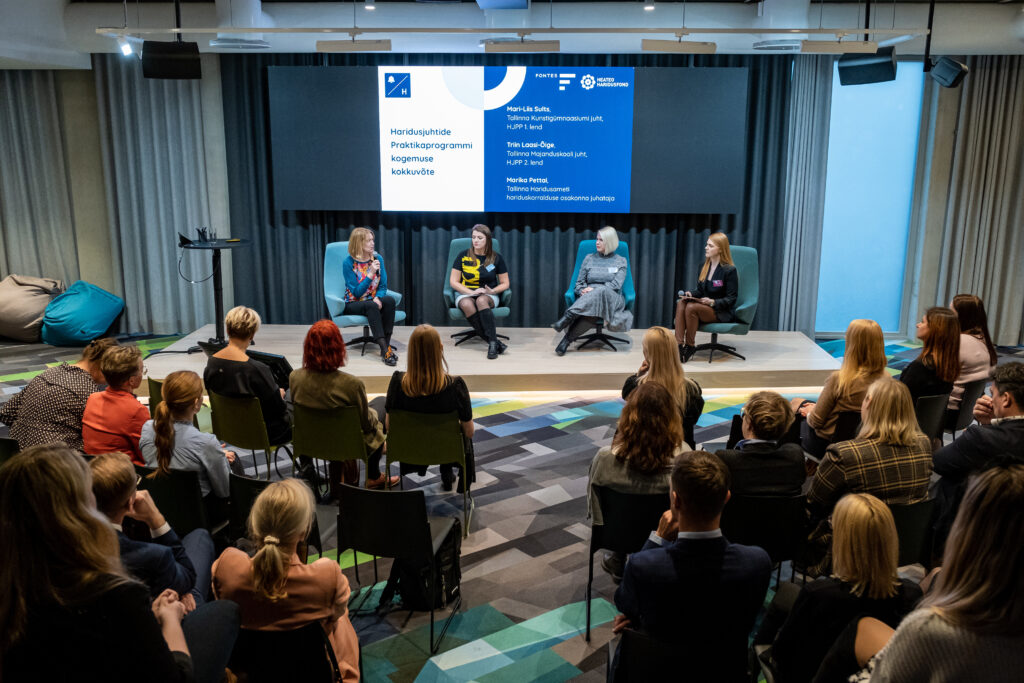
The Ministry of Education and local government school administrators play a key role in this programme. Mr Varge explained that his role consisted of assessing and deciding who to encourage to apply, assisting in arranging substitutes and paying the principal's participation fee. “The support of the replacement players to the organization is very different. Some have paid the salaries of the replacement players, while others have taken on some tasks themselves,” Valge pointed out.
Changes in communication
Mari Lustic, principal of Tartu Ján Poska High School, participated in the program last year. “This is my third year as a principal, and I have a lot to learn from other principals, but I would like to learn from an organization where I can play a certain role so that I don't get lost in the traditional ways of doing things.'' She is a role model at school. ”
Roostik interned at Veriff, an Estonian digital verification technology company. “This company has employees all over the world and everything runs smoothly across three to four different time zones. If we have systems in place, everything gets done,” she explains. Did.
One of the important questions for her was how to create a leadership system that supports all teachers and therefore all students. “I wanted to learn how to be a better leader, so I definitely gained that knowledge,” she said.
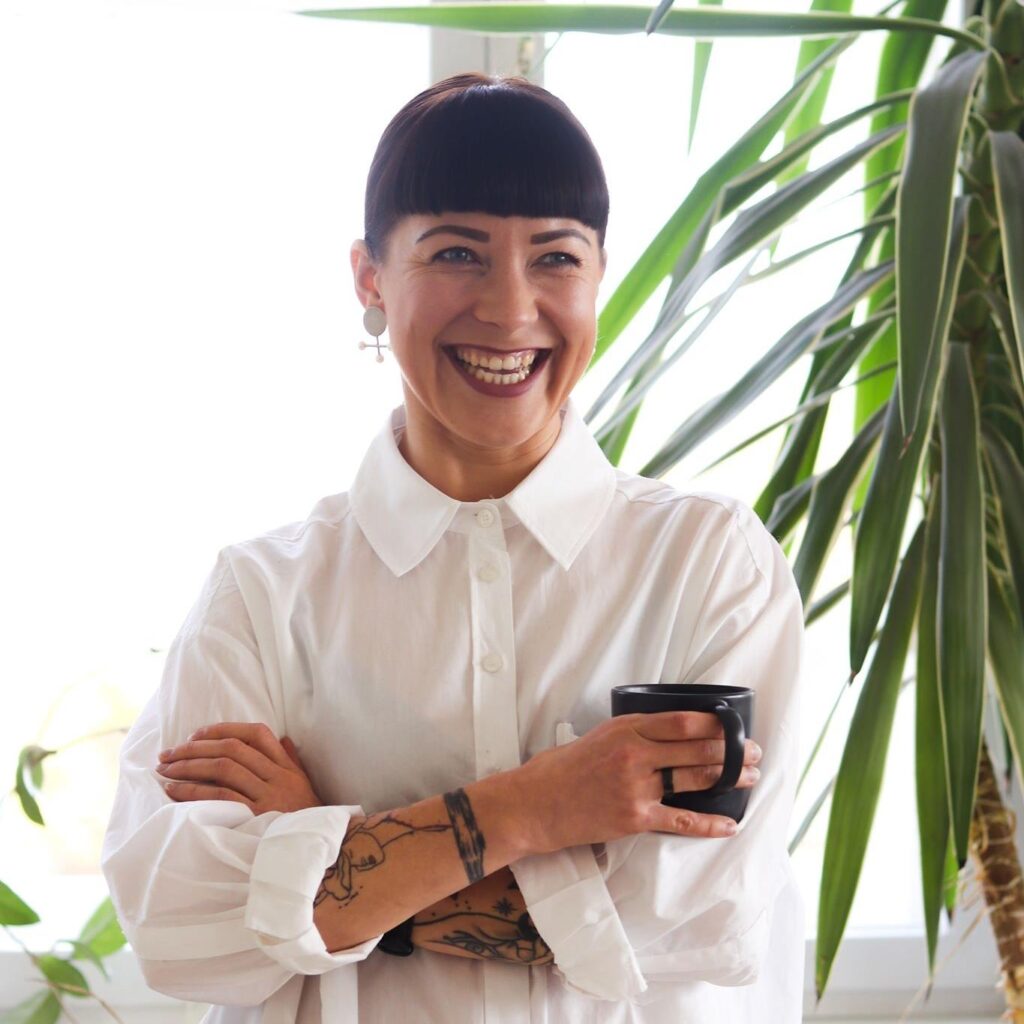
Mari Lis Sulz, principal of the Tallinn Arts Gymnasium, took part in the 2020 pilot program. “Schools are big organizations, and somehow society still doesn't realize that,” she said, adding that there is still a strong belief that principals must know and do everything about the school. she explained.
“That's impossible. A principal can't search for every missing shoe in the wardrobe because that would compromise leadership. My job is to create a system that reduces stress for teachers and helps students… It's about continuing to operate that system so that people can be happier,” Sultz said.
Sulz worked for three months in various departments at the Estonian money transfer company Wise (then known as TransferWise). “My plan was to actually work and not just watch, and I had the opportunity to be involved in different jobs. I wanted to gain knowledge and contribute from my side,” she says. I did.
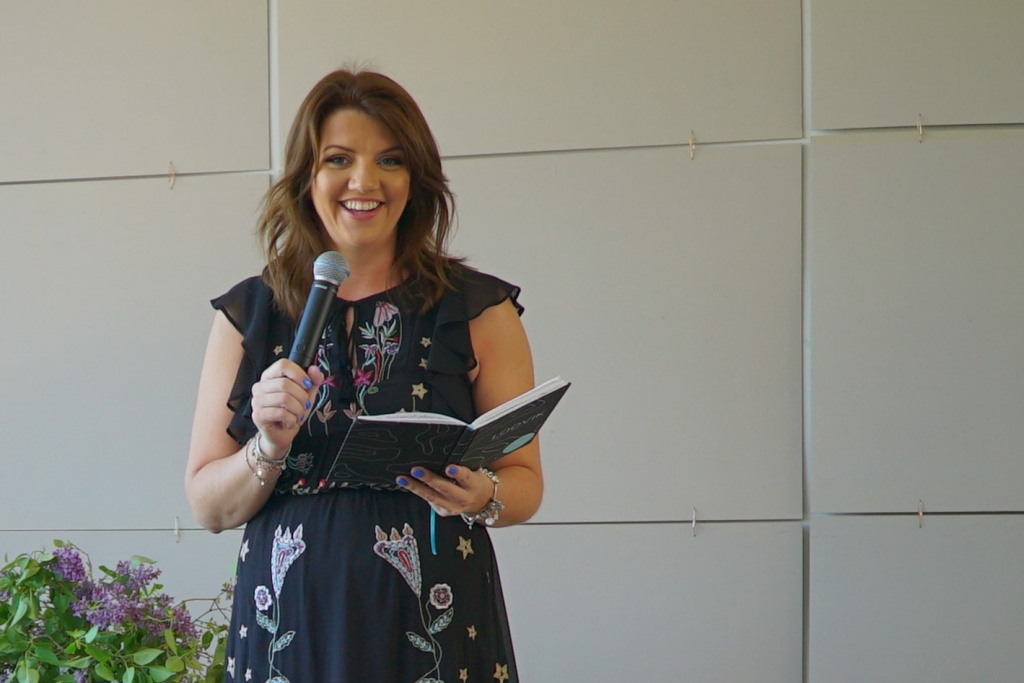
When Saltz returned to school in March 2020, she began making a number of changes to the school's internal communications, just as the COVID-19 pandemic lockdown period began. “We mapped parent complaints and found that at least half of them can be avoided through communication,” she explains, adding that the company then provides information to parents about different scenarios about a month in advance. He added that he had started.
“I feel that internal communication is clearer. Schools need transparent communication. We use eKool (Estonia's digital school platform) and all the information we need is there. “Yes. I don't think teachers should be communicating with parents in Messenger group chats at 9 p.m.,” she said. She has also created different tracks to help everyone, including students, parents, and teachers, get answers and help as quickly as possible.
Teams build trust and accountability
When Roostik returned from Veriff, he started using Google Calendar and Slack at Tartu Jaan Poska Gymnasium. “Every trace is recorded and it is everyone's responsibility to get the information they need. Leadership is team-based and everyone is given the opportunity to dig deeper into specific topics,” she said. Ta.

Roostik added that she values one-on-one time because it helps her understand how her team members are doing. “What excites them? What stage of burnout are they at? Of course, having all these conversations is a very energy-consuming process, but it's very important. I 's hand cannot reach every student, but it can reach every teacher,'' she explained.
Both Roostik and Stults cite data-driven decision-making as one of the big changes they are bringing to schools. “We ask 10th graders twice a year for their thoughts. If there is dissonance, we need to dig deeper to understand what's behind the results and how to improve the situation,” Rustick said. He gave this as an example.
Companies value fresh perspectives
Companies offering internships include Pipedrive, a sales management software company founded in Estonia, and Wise. Ingrid Palm, people and culture manager at Pipedrive, and Brett Lemsalu, senior human resources advisor and mentor at Wise, agree that not only do their companies contribute to training, but trainers also bring new value to the company. I agreed to be there.
“Participants in the program are not just observers, but equal partners with other team members. Depending on their interests and chosen focus, they will work closely with different teams and play their respective roles. And it brings direct value to us,” Lemsaloo explained. She added that educational leaders are always sharing their leadership experiences, which broadens the horizons of Wise employees.

“The fresh look helps us understand what Pipedrive looks like from the outside. It helps us communicate better and explain to people outside the department what we actually do. “It's important information for us,” Palm said.
Of course, there were challenges as well. For example, finding the right task, making the system understandable to people from different backgrounds, and helping people get out of their comfort zone. Or how do you make sure your interns get what they came for?
Lemsaloo says he has learned a lot every year since the program started in 2019 and plans what works and what doesn't. “We will use that knowledge to improve our subsequent rankings. In addition to an exciting challenge, this is also a great responsibility, as through this connection we have the opportunity to influence the development of the school. Yes,” she added.


